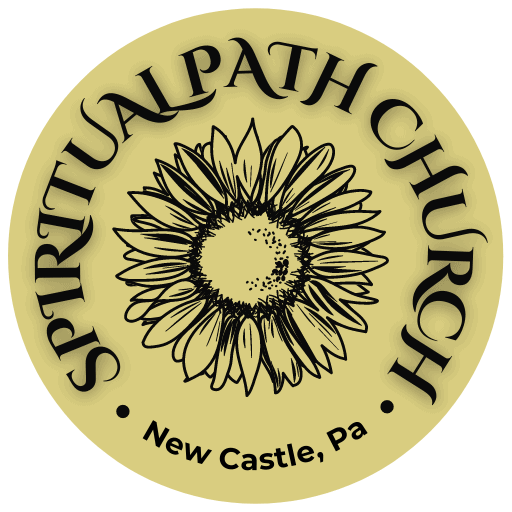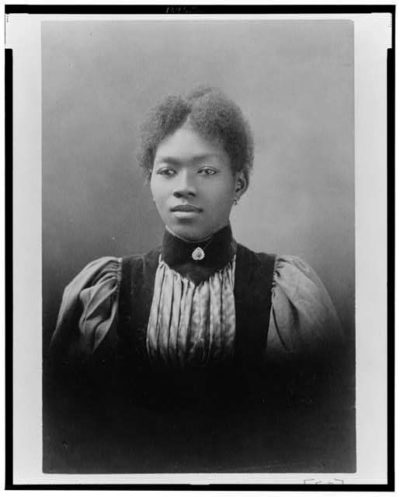Harriet E. Adams was born in Milford, Hew Hampshire to Joshua Green, an African American barrel-hooper, and Margaret Ann Adams, an Irish washerwoman. After her father died, Harriet was abandoned and adopted as an indentured servant by the Hayward family. When she was eighteen, she fulfilled her indenture and worked as a servant and seamstress.
Harriet married Thomas Wilson in Milford in 1851. They had a tumultuous marriage. After Harriet became pregnant, Wilson abandoned her. She ended up at the Hillsborough County Poor Farm. Wilson return after their son, George, was born and removed them from the farm. He went to work at sea and died soon after.
Wilson moved to Boston, hoping for more work opportunities. It was at that time that she wrote Our Nig, considered the first full novel published by an African American woman in America. The book brings to light the treatment of poor blacks in the northern states and their work as indentured servants. The novel was published anonymously by George Rand and Avery from New York. She hoped the sale would make enough money to help her son who was sickly, but he died at the age of seven.
In 1867, Harriet was listed in the Boston Spiritualist newspaper, Banner of Light, as “the eloquent and earnest colored trance medium.” She joined the Massachusetts Spiritualists Association where she attended conventions and shared the podium with Andrew Jackson Davis. Her interests included labor reform and educating children in Spiritualist doctrine. At the “Great Spiritualist Camp Meeting” in Pierpont Grove, Massachusetts, she delivered an address to an estimated three thousand people.
Harriet worked as a trance reader and lecturer for almost 20 years. She spoke at camp meetings, theaters, and private homes. In 1870, she traveled to Chicago as a delegate to the American Association of Spiritualists convention. September of that year, she married John Gallatin Robinson, an apothecary from Boston who was 15 years her junior. They parted ways in 1877, but no record of a divorce has been found.
Harriet was active in the Children’s Progressive Lyceums. She opened a Sunday school for the children of “the liberal minded” in the “Ladies Aid Parlors” in Boston. A black woman teaching white children in a private school was almost unheard of at the time. Two white men soon took over her school’s management and she was sidelined.
Harriet helped establish Spiritualist societies in Mansfield and Foxboro, Massachusetts. She hosted and spoke at the Fourth Annual Spiritualist Camp Meeting, Silver Lake, Plympton, Massachusetts, to an estimated crowd of sixteen thousand people.
By 1900, Harriet had retired as a medium. In June of that year, she died in Quincy, Massachusetts.
Additional Reading:
The Harriet Wilson Project https://www.harrietwilsonproject.net/harriet-wilson-.html
Ellis, R. J. and Henry Louis Gates, Jr. “Grievances at the treatment she received”: Harriet E. Wilson’s Spiritualist Career in Boston, 1868—1900 American Literary History Vol. 24, No. 2 (Summer 2012), pp. 234-264
Gates, Henry Louis, Jr. and R.J. Ellis. “Harriet Wilson’s Sunday School.” Huffpost.com THE BLOG 01/10/2011
Wilson, Harriet E. (1859). Our Nig: Sketches From The Life Of A Free Black. Reprinted 2004 by Kessinger Publishing.
If you liked this blog, check out my collection: Treasures from the Spirit World.

